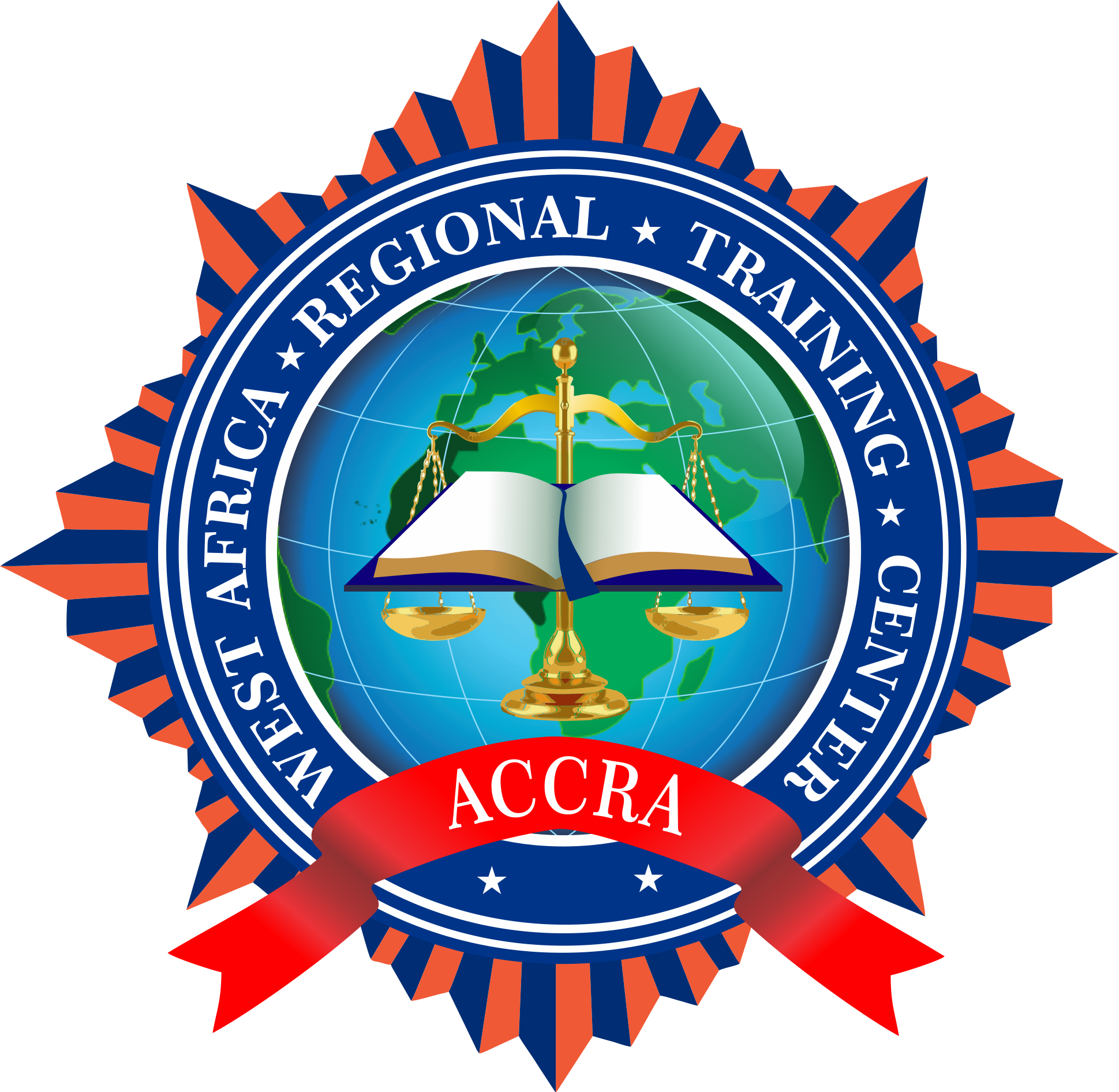Interview with our Program Officer
Published February 27, 2020

Curious about the RTC and our strategic direction? Good news! Last year, we received a visit from INL and we were introduced to Miss Mitchell – the new RTC program officer. She was happy to respond to many of the frequently asked questions by our alumni community. We hope readers get a better sense of understanding in recognizing the value of the RTC program. Enjoy the read!
Could you briefly introduce yourself?
My name is Kayleigh Mitchell and I am the program officer for the Regional Training Center (RTC). I am a part of the program office in Washington, DC, which oversees the six ILEA academies worldwide, including the RTC. As part of my responsibilities, I work with Director Lampley to set the strategy and training priorities for the RTC, ensuring that they are in alignment with the network of ILEAs worldwide and are successful in helping our partners combat transnational organized crime. Director Lampley and I take pride in the fact that RTC alumni join a network of more than 77,000 from the six academies. The program office is focused on how to continue to build this network and help participants leverage it as a tool in their cases and careers.
In addition to setting strategy for the ILEA program, our office also works very closely with U.S. law enforcement agencies to ensure courses meet the needs of our participants in West Africa and around the world. We are the central hub for coordination on the program and bring together stakeholders from U.S. embassies, federal law enforcement agencies, and partner nations to ensure that ILEA is at the forefront of the fight against transnational organized crime and that we provide a platform for officers around the world to coordinate on these cases.
Our office is also very focused on making sure the content is applicable to our participants’ job responsibilities. Each program officer tracks developments in topical areas and meets with stakeholders to ensure ILEA training is at the cutting edge of techniques to combat specific types of transnational organized crime. I cover issues relating to trafficking in persons (TIP), combatting wildlife trafficking, and environmental crime. In this capacity, I work closely with the U.S. Immigrations and Customs Enforcement (ICE) to develop the TIP curriculum and U.S. Fish and Wildlife Service and the U.S. Department of Justice’s Environment and Natural Resource Division on environmental issues. I work closely with these agencies to find new topics that need to be addressed and coordinate to ensure ILEA training is complimentary to other initiatives in these arenas.
Can you speak briefly about the overarching goal of the IGN system and the benefits it offers for the alumni community?
While the ILEA program delivers training to our counterparts around the world, the more important mission of our program is providing a space for participants to meet their colleagues around the region, as well as their counterparts in the U.S. law enforcement community. Through the IGN we want to ensure that a participant’s time at the RTC is just the beginning of their ILEA experience and professional development. The RTC is a platform for coordination on cases involving transnational organized crime, for sharing lessons learned, and as a resource for our alumni to continue to learn and hone their skills. The ILEA Global Network (IGN) is critical to making this a reality. The IGN will help connect alumni with classmates and instructors, even after leaving class. With continued engagement with our alumni we will be able to measure the impact of the trainings on the professional development of the alumni and more broadly within their organizations. Through the IGN, ILEA graduates have a permanent resource in their operational work and professional development to contact their colleagues and mentors. Participation at the ILEAs is an officer’s introduction to an elite worldwide network of over 77,000 ILEA alumni in 100 countries.

As we head into 2020, what should participants and alumni expect from the program office?
I will continue to work closely with Director Lampley to maintain the RTC as a dynamic environment, creatively engaging on new training initiatives and building on the RTC’s exceptional outreach. We are always looking for ways we can facilitate the networking aspects of the program, as the value to our alumni is incalculable. We’re looking at a variety of tools to make connecting with colleagues even easier once participants graduate from training, including introducing the IGN Alumni Portal, which will provide even more content for ILEA alumni. We’re also looking at ways we can connect our alumni who have stayed engaged in the program or have participated in ILEA Roswell executive level training to offer mentoring. A model for this would be the Leadership for Women in Law Enforcement Course, which brings in a panel of women in leadership roles in law enforcement in West Africa to talk about their experiences and answer questions from emerging leaders. Finally, we would like to expand ILEA alumni events, which allow alumni to connect with even more colleagues from their country.

Thank you so much Miss Mitchell. It is our expectation that messages like this will help alumni understand the role they play in meeting the RTC program objectives. We’ll bring you the 2nd part of this interview in our March newsletter.
